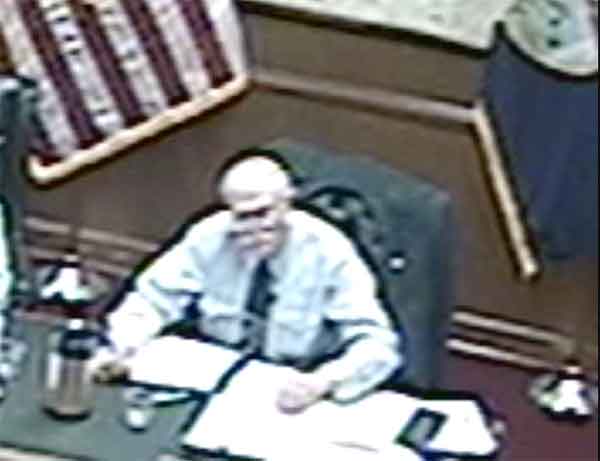Press Release ——March 27, 2023—For Immediate Release The Great Falls Tradition continues April 14-15 with three big rings and five big performances at the Pacific Steel and Recycling Arena at Montana ExpoPark. This is a chance to see worldwide talents including Aerialists, Daredevils, Dig and Pony Acts, and Clowns (including a local performance by the…
Category: Featured
Featured posts
Preserve Your Holiday Family Memories With A Local Company
Isn’t it time to preserve those treasured family video and audio memories you have on old formats like 16mm, cassette, and VHS by transferring them to modern digital formats like DVD, CD, and thumb drives? Stray Moose Productions is a local one-stop audio-visual production, duplicating and transfer specialist. “Why send your memories out of town…
5 Tips for Managing Multi-State Living Arrangements With a Pet
Owning multiple homes in the United States is a dream for millions of young Americans. You can enjoy multiple climates, geographical diversity, and various lifestyle choices when you own homes in Florida and Great Falls, Montana. But what if you own a pet and live in different states? Read on for tips to manage both….
How CPAs Can Help Your Business Grow
Whether you’ve decided to start a new business or you’re ready to take your existing business to the next level, it’s a good idea to enlist the help of a Certified Public Accountant (CPA). Many new small business owners make the mistake of thinking they can handle all of the financial aspects of their businesses…
Great Falls Area Company Transfers VHS To DVD – And Much More
Stray Moose Productions is a local one-stop audio-visual production, duplicating and transfer specialist. “Why send your memories out of town when we can do it all right here in the Great Falls area?” – Stray Moose Productions Stray Moose Productions can transfer your VHS and SVHS video tapes of movies, home movies and other content…
Are You Making One Of These 6 Common Mistakes That Many New Business Owners Make?
Planning on entering the world of entrepreneurship in the near future? If so, you’ll be in excellent company. Recent data shows that over 500,000 new businesses are created each month. In the U.S., tens of millions of individuals can currently call themselves business owners. Whether they run a brick-and-mortar or an online boutique, new individuals…
Local EMT Training Available
Montana is very short on EMS personnel and Whiteline Consulting and Training has stepped up to help get EMTs into services! Whiteline has EMT courses throughout Montana, yes you heard that right – throughout! They have dedicated instructors who travel to bring EMT courses to Montana areas. Whiteline has a course coming up in Vaughn,…
Comment Of The Day
The Tribune finally caught up to the Tracy Houck, CDBG funding story, but the reporter didn’t have nuthin’ on this commenter: Robert Tyler Great Falls, Montana How can Houck claim to be personally handling this issue because of concern about the privacy protections of a male employee while in tandem exposing the sexual harassment complaint…
Fred Burow On City’s CDBG Funding: “I Think It’s A Black Eye On Us”
If you skipped last week’s City Commission meeting (like the Great Falls Tribune did), then you missed a real doozy. Unreported by local media, City Commissioner Fred Burow unloaded on the proposed Community Development Block Grant (CDBG) funding process at the April 18 meeting: “I have a lot of heartburn with this… I think the whole process should…
Tryon: Wages, Population Stagnant; City Taxes And Utilities Up
With the City of Great Falls moving past the financial fiasco of the $5,553,054 bailout (decrease in unassigned General Fund balance) in 2013 to cover the electric power business (see City 2014 CAFR Financial section, p. 14), the City’s financial position has improved, but the needs of the City are still great. The façade of the…










